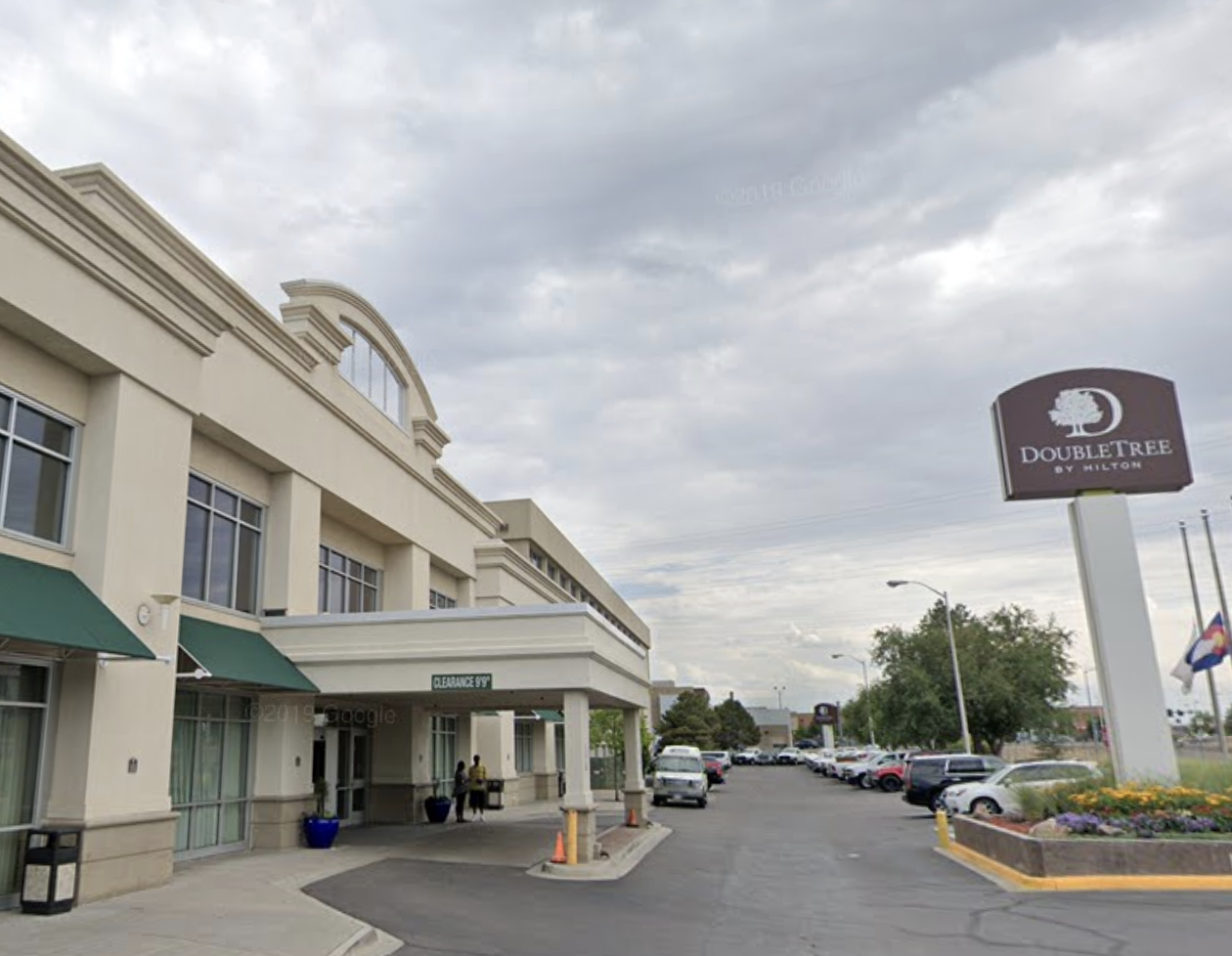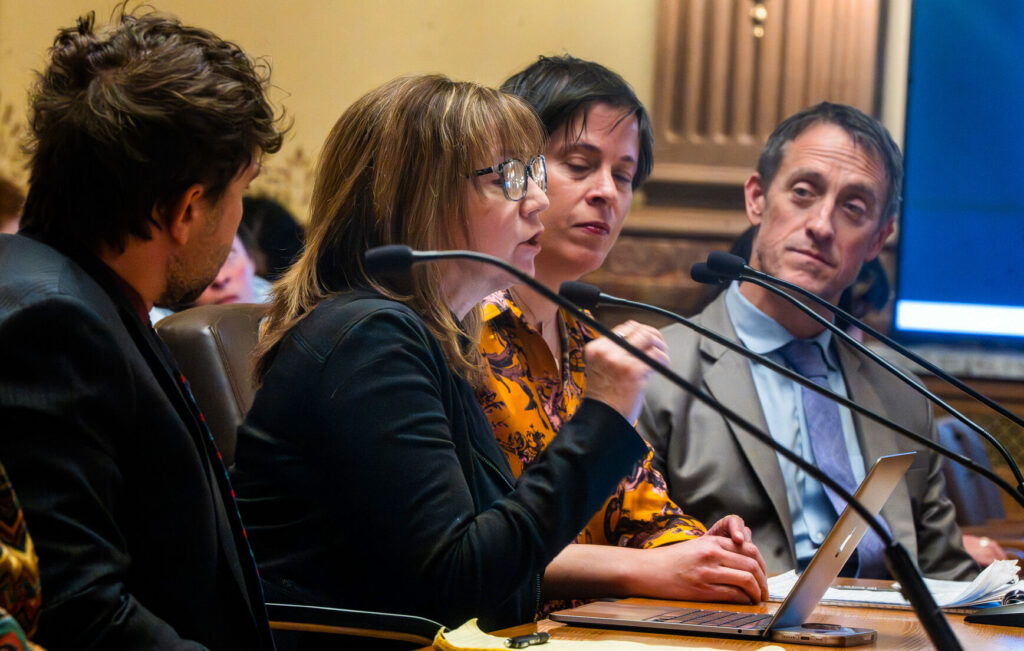Denver picks new service providers for hotel homeless shelters

Three new service providers eyed to replace The Salvation Army as operators of the city’s largest non-congregate shelters will go before the Community Planning and Development Committee on Tuesday, seeking approval to commence service on Jan. 1, 2026.
Urban Alchemy, Bayaud Works and St. Francis Center were selected through a competitive process and “represent a significant step forward in Denver’s continued transformation of its homelessness response system,” according to a statement from the city’s Department of Housing Stability.
“This is the progress we envisioned when we launched All In Mile High,” said Mayor Mike Johnston in a press release. “Helping an individual off the streets is only the first step in a life of self-sufficiency, and these three partners embody our commitment to urgency, innovation, and humanity in how we serve our neighbors experiencing homelessness.”
If approved by the full Denver City Council, Urban Alchemy will operate the Aspen Shelter, 4040 Quebec St., the St. Francis Center will run the Stone Creek Shelter, 4595 Quebec St., and Bayaud Enterprises will serve as the provider of the Tamarac Family Shelter, 7525 E. Hampden Ave.
Urban Alchemy, a new provider to Denver, manages and operates shelters and transforms public spaces in cities across the country, including San Francisco, Los Angeles, Birmingham, Santa Fe, Atlanta and Portland.
“Urban Alchemy aims to provide a Four Seasons-like experience and service for our guests at our shelter,” said Urban Alchemy CEO Dr. Lena Miller in the release. “We take responsibility for the conditions both inside and outside of our shelters that we manage and operate to give our guests a sense of belonging, pride, and safety while ensuring our surrounding community is respected and heard.”
Bayaud Works and St. Francis Center will expand their existing roles in Denver’s homelessness response. Bayaud has long provided services, including cold weather shelter and micro community management, while St. Francis Center has offered shelter, outreach, and housing support, city officials said.
Current service providers at the five remaining “All in Mile High” communities will continue their operations.

The selection announcement marks the first step in the city’s decision to transition from flat-fee service provider contracts to performance-based contracts.
The move means the new vendors will see increased security from the city.
Rather than reimbursing providers for their expenses, HOST will pay them based on agreed-upon performance metrics such as bed count, case management touch points and the number of completed housing assessments.
The switch-up comes on the heels of a breakdown between the City Council and current shelter service provider The Salvation Army, which will conclude its relationship with the city at the end of the year.
The Salvation Army has been a pivotal part of Johnston’s efforts to end homelessness in the city, Johnston spokesperson Jon Ewing told The Denver Gazette in earlier reporting, adding that the organization stepped up to help solve one of the city’s biggest challenges.
Officials said The Salvation Army will continue to operate the Lambuth Family Center, a short-term family shelter; the Connection Center, which provides access to Salvation Army and community resources and services; the Harbor Light Center, a place for men recovering from addiction or looking to prevent a relapse; and the Crossroads Center, a 24/7 emergency shelter serving at least 250 men daily in partnership with the City.
In September, Johnston announced plans to close the Comfort Inn, one of the city’s larger homeless shelter hotels, and cease funding for the Monroe Village tiny home micro community, converting it to workforce housing.
Citing fewer people living on the streets, officials said the decision comes as the next phase of the mayor’s efforts to end homelessness and will redirect city resources toward treatment and permanent solutions to include long-term housing.
The changes, city officials said, will save the city $11 million in 2026.
The Comfort Inn, located on Quebec Street, will close in March of 2026, and funding for the Monroe Village tiny home micro community on Monroe Street will cease by June 2026, city officials said, adding that neither site was intended as a long-term component of the mayor’s efforts to end homelessness in the city.


















